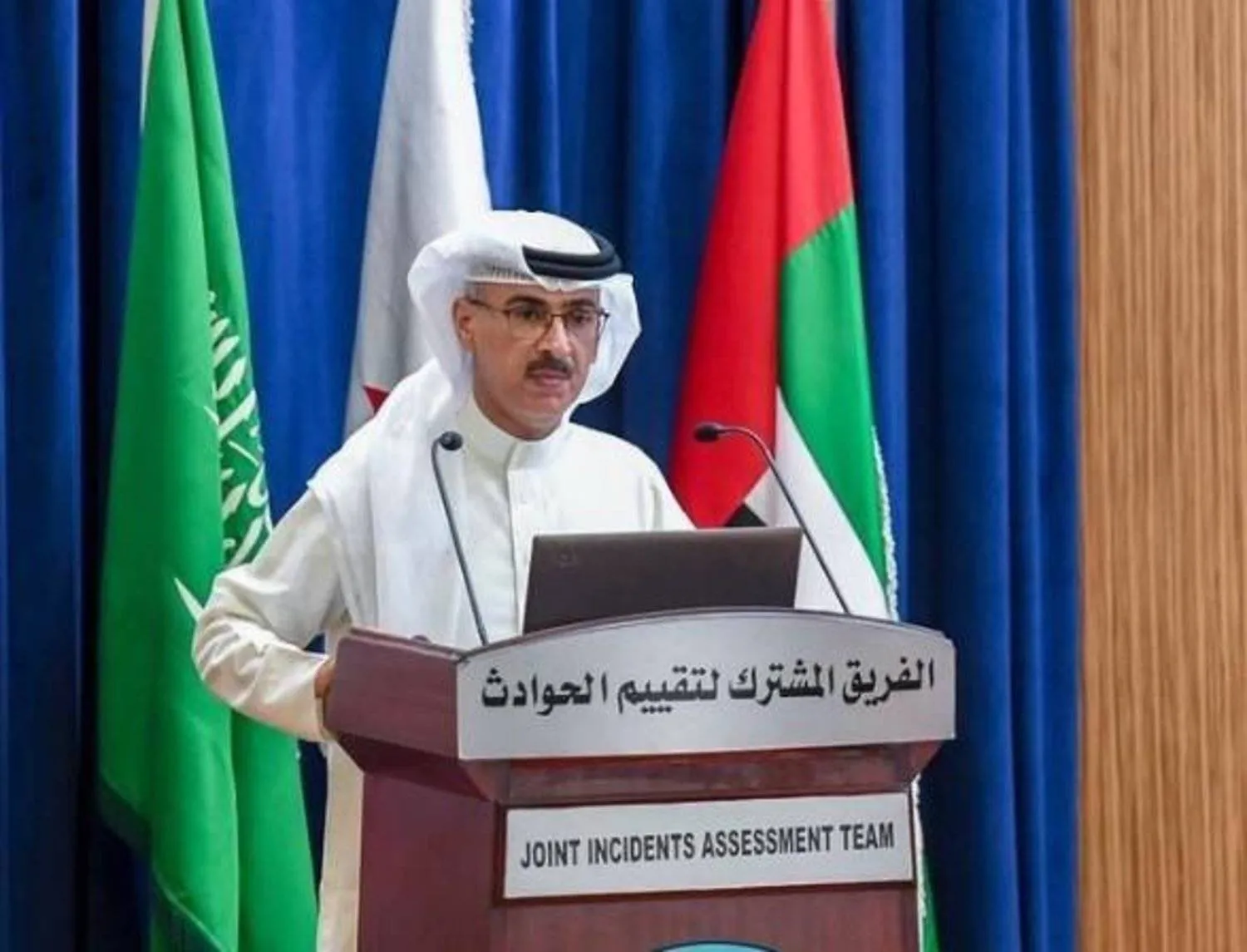The Joint Incidents Assessment Team (JIAT) in Yemen is dealing with incomplete reports of violations, but is working with claimants to gather more details for analysis and public disclosure.
According to JIAT spokesman Mansour Al-Mansour, the probe team is open to new information on specific cases for further review and announcement of results.
“We operate on a legal principle; cases do not expire due to statute of limitations, and if any new information emerges, we are prepared to study it and announce the results again,” Al-Mansour told Asharq Al-Awsat.
Al-Mansour also mentioned that the Arab Coalition’s Aid Committee has compensated some cases.
JIAT relies on three sources for information: international organizations, cases referred by the Coalition, and feedback from their own experts.
Al-Mansour added that JIAT is in talks with claimants to gather missing information for cases that don’t meet criteria, and will begin investigations once information is complete.
In a presser, Al-Mansour reviewed three cases that JIAT investigated and announced the results for.
Regarding the first case, Al-Mansour went over the results of a probe based on an incident in a Bani Makki residential area of the Midi district in Hajjah governorate on June 29, 2021, in which one person was killed and two others injured.
JIAT found that forces carried out an air mission on a military target on that date. A vehicle carrying arms for the Houthis in Abs was hit by a guided missile.
The Coalition forces did not carry out any missions the previous day or in the following 24 hours.
Specialists studied satellite images of the military target’s location and found that it was about 1,500 meters away from the nearest residential area.
JIAT confirmed that the vehicle, a light truck, was seen underneath a tree and the missile recorded a direct hit.
Al-Mansour also addressed another allegation that coalition forces targeted the Saqeen General Hospital in Saada governorate on May 30, 2015.
As for the second case, after evaluating various sources, including a Doctors for Human Rights report from March 2020 which claimed that Coalition aircraft carried out two airstrikes on the hospital and severely damaged it, JIAT conducted a thorough investigation.
Al-Mansour explained that this involved examining air tasking orders, mission schedules, post-mission reports, satellite images, open sources, the National Information Center’s website listing health centers, the coalition forces’ no-strike list, and focusing on international humanitarian law.
JIAT confirmed that Saqeen General Hospital is in the western part of Saada governorate and was on the coalition forces’ no-strike list.
The closest military target hit by coalition forces on May 30, 2015 was 13 km away from the hospital, the Iran-backed Houthi militia receiving a hit from a guided bomb.
By studying the daily mission schedule, JIAT found that on the previous day, coalition forces had carried out an air mission on a target 7,000 meters away from the hospital, using one guided bomb that hit its target. No air missions targeted Saqeen on May 31, 2015.
Specialists studied satellite images of the hospital and found no trace of damage caused by aerial targeting on the main building or its annexes.
The third case tackled the allegation of the targeting of a residential area in At-Tuhayta city in Hodeidah governorate, Yemen, on Nov. 12, 2021, in which a man and three children were killed, and two men injured.
After examining various documents, including air tasking orders, mission schedules, and satellite images, JIAT concluded that the claimed location lacked specific coordinates.
Analyzing coalition air missions on that day, JIAT found no evidence of operations in the Hodeidah governorate.









